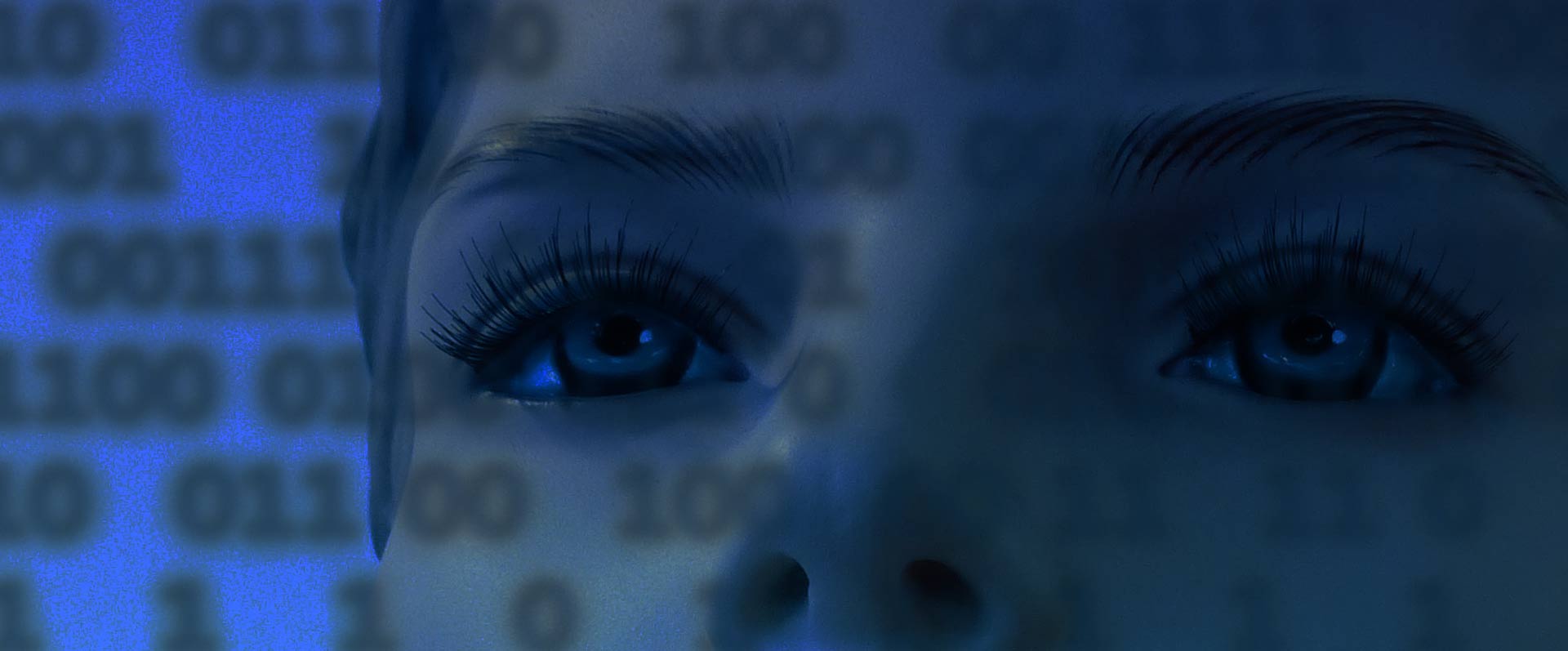Provocative headlines in the media about rich US actors striking for more money not only miss the point about that action, but also bury mention of a much more important strike by the Screenwriters Guild. Screenwriters were already on strike over the very real threat posed by AI (Artificial Intelligence), and what makes their protest important is that AI has the potential to affect everyone who writes for a living.
I started my working life as a journalist, went on to run my own PR agency for a number of years, then went into content writing for various companies in the city where I live. When I wrote my first novel, and it was published in 2014, I knew there would likely be many years of writing and releasing novels ahead of me before I could afford, if ever, to become a full-time author. It’s not happened yet. Even as a USA Today bestselling author, I still need a day job.
A few years ago, I appeared before a government inquiry to protest against moves to reduce authors’ copyrights from the current (in Australia) length of the author’s life plus 70 years to a mere handful of years. So far it seems that appeal from me and many other authors was successful.
But there’s little appeal against the seemingly inexorable march of AI into the realm of writing.
Some time ago I worked for a few months in a virtual battery hen farm of website content writers who were turning out copy tuned not for human consumption, but primarily for the Google algorhythm to ensure top of page search results. And, during that time, the writers were also virtually training the AI that will probably ultimately replace them.
I’ve read of at least one fiction author in recent years who was farming out her writing to uncredited ghostwriters overseas, basically using them as human battery hens to increase her output. That was exposed and decried. But how will we know when the new best-selling author is actually just an AI program assigned to hit all the notes, actions, and emotional points of a novel in a particular genre?
The point today’s newspaper reports miss about the actors’ strike is it’s not so much about the relatively few actors who have struck lucky and are famous millionaires with agents who negotiate their fabulous paydays. It’s about the much greater number of actors, extras, stunt doubles, photo doubles, stand-ins, and dancers who are just part of the machine, who never make it big, but at least make a living at a basic rate of pay. Issues of AI also enter into this action.
Bumping the writers’ strike down the story and even not mentioning at all that the principal complaint they have is about AI is ironic considering another recent news item. It reveals how Associated Press has struck a deal with the owners of OpenAI to access their huge database of past stories to train ChatGPT. Journalists may understand why the screenwriters’ guild strike is the more important news of the day when they too are being replaced by AI.
There’s also a matter of respect involved, and it’s as simple as this – human readers deserve human writers.

